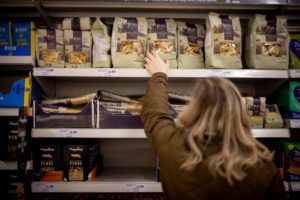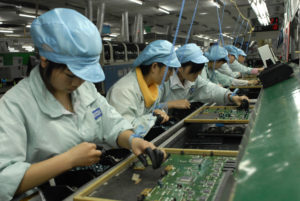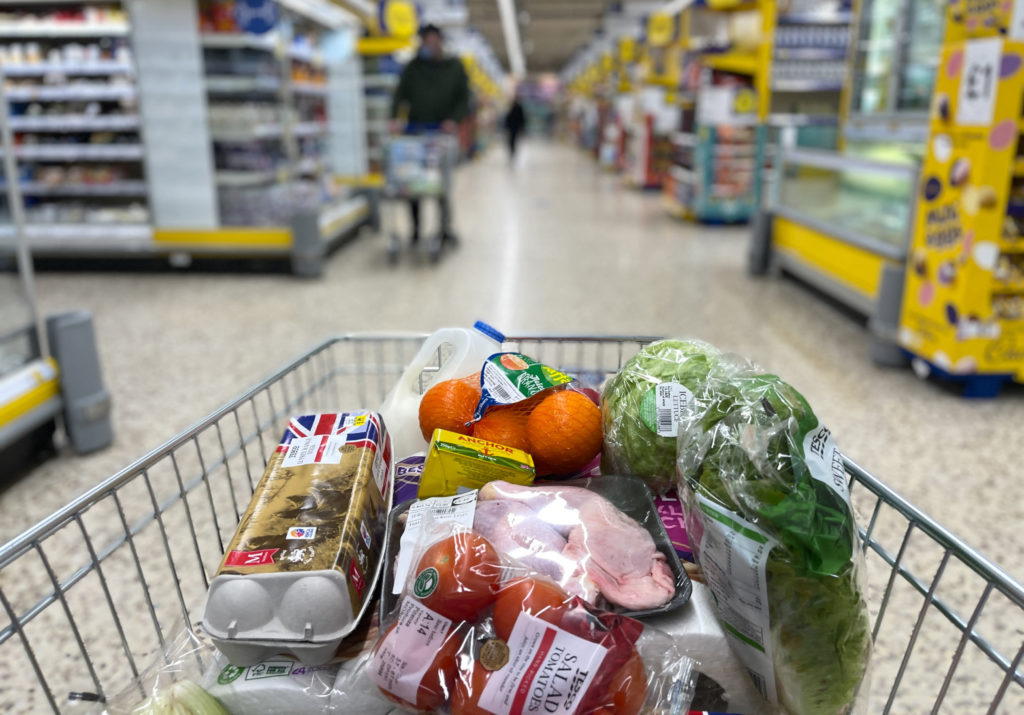São Paulo – The high inflation that affects the major developed and emerging economies is expected to remain strong over 2022 and lose momentum in 2021 due to a bitter pill: rising interest rates. In Brazil, surging prices are influenced by the global outlook as well as specific issues: rising prices of commodities both domestically produced and imported, a valued exchange rate in 2020 and 2021, and an accelerated interest rate reduction over the last couple of years that have forced an equally fast rise in recent months.

According to the professor at the Institute of Economy of the State University of Campinas (Unicamp) Marco Antonio Rocha, the persistently high inflation seen around the world is a direct consequence of the pandemic, which has disrupted global supply chains and led to problems in ports, pressed up raw material prices for the industry and raised energy costs.
As the pandemic comes to an end, Rocha says, another element has contributed to the higher prices: the conflict in Eastern Europe. Both Russia and Ukraine are some of the leading global producers of wheat and maize, products that are also agricultural inputs.

This challenging outlook is expected to stick throughout the year. “The conflict in Ukraine was first believed to be fast, but as the war started, we saw that we were mistaken. Now nobody knows how long it’s going to last. Furthermore, sanctions on Russia will remain even after the conflict ends, and the energy market is not expected to go back to normal. Inflation is expected to remain high in 2022. In 2023, it may be not as high as this year’s,” he says.
Similarly to Rocha, Terra Investimentos economist Homero Guizzo believes that the inflation will slow down over the following years due to the “dissipation of commodity and energy price shocks,” monetary tightening and growth reduction, which reflects on lower demand. “In 2023, the inflation rate will remain relatively high but is likely to have receded a bit from 2022,” he said.
Guizzo mentions data from the International Monetary Fund (IMF) indicating a slowdown in price hikes. In the United States, inflation is expected to decrease from 5.3% this year to 2.3% in 2023, then 2.0% in 2027. In the European Union, the inflation rate is projected to reach 5.0% this year, 4.2% in 2023 and 2.1% in 2027. “In Brazil, we estimate that inflation goes from 6.9% this year to 3.5% in the next,” Guizzo says.

An Economy professor at the School of Economics and Management of the University of São Paulo (FEA-USP), Paulo Feldmann believes that the prices have risen because, in the pandemic, several productive chains have been disrupted like the integrated circuits’ one. “A shortage of products took place and when there is a shortage in supply, the price rises, that’s the law of supply and demand. The rise (in prices of some products) led to a widespread passing-on of costs,” he said.
In addition to being affected by the global situation, Feldmann says, the Brazilian economy had an extra element: food inflation. “Instead of selling their products here, the farmer preferred to export as the prices were higher,” he says.
As an example of the rising prices due to the pandemic and the war, the Brent oil price reached an all-time high in 2022 on March 28 at USD 127.98, then it declined to USD 107.62 on April 28. On February 24, when the conflict in Ukraine started, wheat was valued at USD 9.34 a bushel (35 liters), then it rose to USD 12.94 on March 7 and reached USD 10.91 on April 27.
Opportunities
Both Rocha and Feldmann warn that the medicine applied to contain the inflation – increasing the interest rate – can lead to a slowdown in the economy, as well as consumption and job creation reduction. “With an interest rate at 12%, the businesspeople that were planning on investing and buying a machine will prefer to infest in treasury bonds, as the machine won’t bring a 12% return rate a year. Therefore, they don’t create the jobs that the investment would lead to creating,” Feldmann argues.

“Approximately 65% of the Brazilian GDP consists of household consumption. The inflation impacts this consumption, combined with the unemployment rate. Therefore, it affects the rebound of the domestic market and growth,” Rocha says. Among the opportunities, Rocha believes that the high inflation contributes to Brazil’s trade surplus, but it has a limited effect on the economy as it is small compared to the gross domestic product of the country. “The positive effects are expected to take place in some industries like soybeans, ethanol and maize,” he said.
Guzzo says that agribusiness is one of the sectors that benefit from the rising prices as Ukraine and Russia are left out of the global cereal market. “Although the war has resulted in serious problems for the fertilizer supply, the final result for the Brazilian farmer in terms of prices is positive,” he says.
In this challenging situation, Feldmann still sees business opportunities for Brazil-Arab business. “Agriculture is very important for Brazil and depends on fertilizers that come from Russia, which has been a problem for Brazil. The Arabs are major fertilizer producers. So this is an excellent moment for them to fill the space left by Russia in this market,” he says.
Translated by Guilherme Miranda




